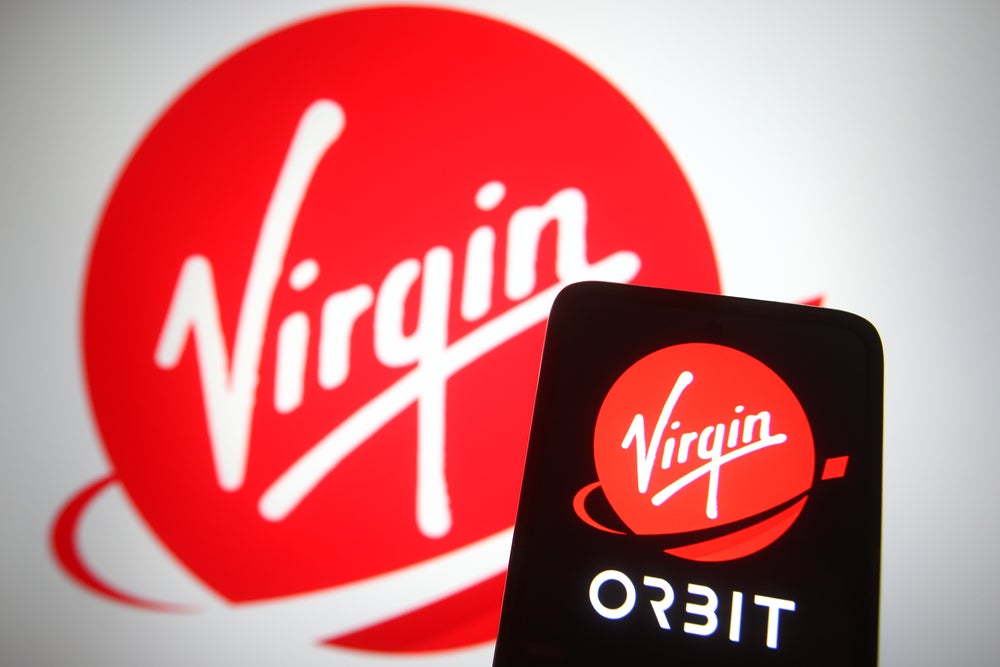A historic space mission that took off early on Tuesday from Cornwall failed to reach orbit and was lost, ending in bitter disappointment for Britain’s attempt to become the first European nation to launch satellites into space.
What Happened: A converted Boeing 747 called ‘Cosmic Girl’ operated by Virgin Orbit Holdings Inc VORB carried the rocket out of Newquay in Cornwall and headed out across the Atlantic.
See Also: South Koreans Get An Unusual Phone Alert: Watch Out For US Satellite Crashing Over The Peninsula!
The rocket ignited and appeared to be ascending correctly, carrying a payload of nine satellites off the south coast of Ireland. But later, the company said that the rocket suffered an “anomaly,” and it failed to reach the required altitude.
The 747 returned to Cornwall safely with the crew, but the rocket and satellites were lost. However, the U.K. Space Agency has insisted they posed no danger and were expected to burn over the north Atlantic.
The reason behind the failure was not immediately clear and will be investigated, it said. “Over the coming days there will be an investigation by the government and various bodies, including Virgin Orbit,” Matt Archer, Commercial Space Director at the U.K. Space Agency, said, reported Reuters.
See Also: Qualcomm Launching Snapdragon Satellite: What Investors Should Know About New Product
This failure came as another blow to Europe’s space ambition after an Italian-built Vega-C rocket mission failed to lift off from French Guiana in late December.
Partly owned by British billionaire Richard Branson, Virgin Orbit had planned to deploy nine small satellites into lower Earth orbit in its first mission outside its U.S. base. The company CEO, Dan Hart, told reporters that it hoped to return to Cornwall before the end of 2023.
Check out more of Benzinga’s Europe and Asia coverage by following this link.
Image and article originally from www.benzinga.com. Read the original article here.

